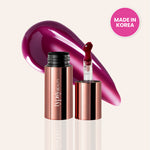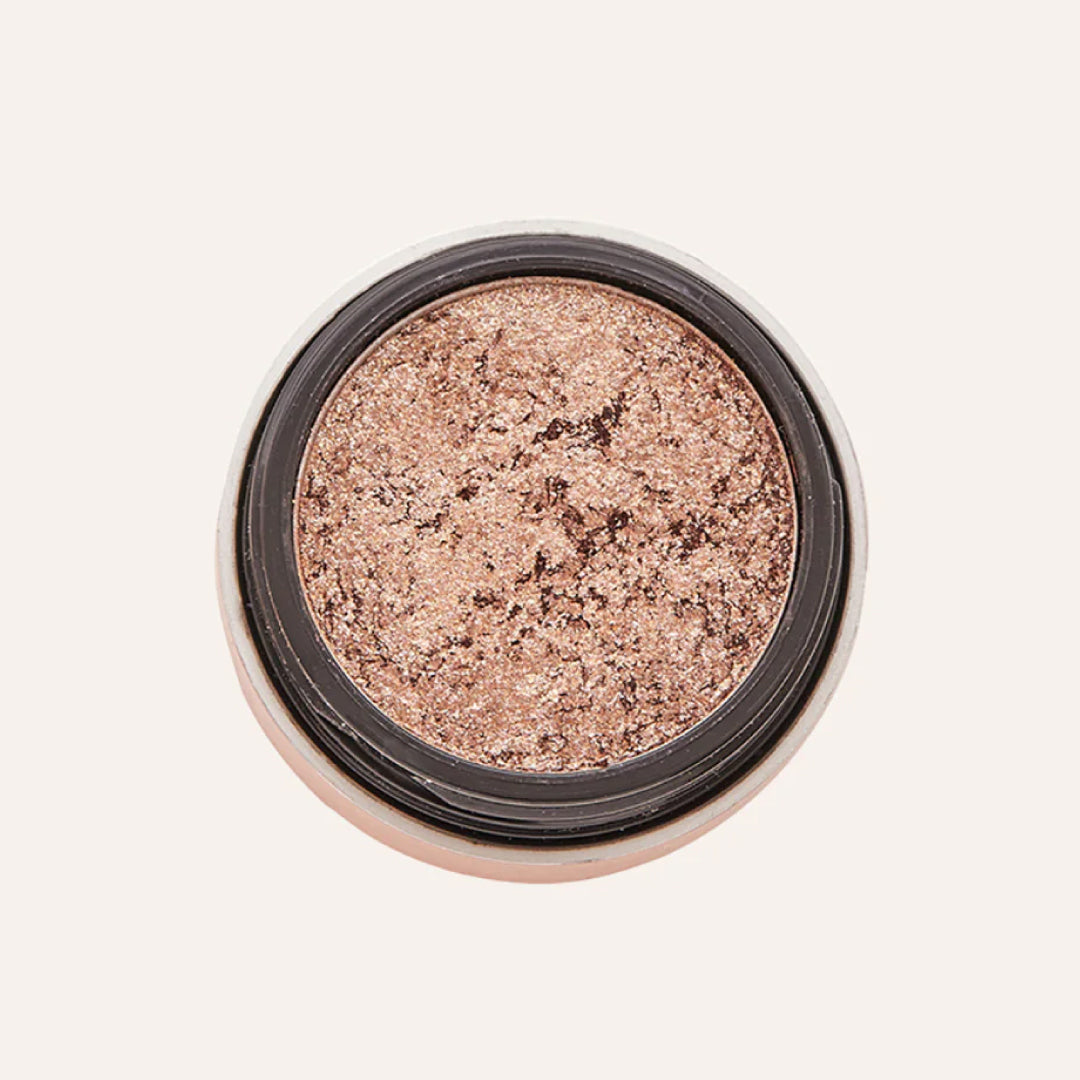- Flat 450 Off above 1999 | Flat 250 Off above 1399
- Flat 450 Off above 1999 | Flat 250 Off above 1399
- Flat 450 Off above 1999 | Flat 250 Off above 1399
- Flat 450 Off above 1999 | Flat 250 Off above 1399
- Flat 450 Off above 1999 | Flat 250 Off above 1399
- Flat 450 Off above 1999 | Flat 250 Off above 1399
- Flat 450 Off above 1999 | Flat 250 Off above 1399
- Flat 450 Off above 1999 | Flat 250 Off above 1399
- Flat 450 Off above 1999 | Flat 250 Off above 1399
- Flat 450 Off above 1999 | Flat 250 Off above 1399
- Flat 450 Off above 1999 | Flat 250 Off above 1399
- Flat 450 Off above 1999 | Flat 250 Off above 1399
Mastering Different Types of Eyeshadow for Every Look
Maya Deiss
Eyeshadow is a makeup bag essential that can transform your look from subtle and natural to bold and glamorous. With so many different types, textures, and finishes available, the world of eyeshadow can seem overwhelming at first.
But fear not, beauty enthusiasts!
In this ultimate guide, we'll break down the various types of eyeshadow and share expert tips on how to master them for any occasion. Get ready to elevate your eye makeup game and unleash your inner eyeshadow artist.
Types of Eyeshadow
1. Powder Eyeshadow
Powder eyeshadow is the most common and versatile type, coming in both pressed and loose forms.
Pressed Powder: These compact shadows are perfect for beginners and on-the-go application. They come in a wide range of finishes, from matte to shimmery, and are easy to blend. Use a fluffy brush for a soft wash of color or a dense brush to pack on pigment for a more intense look.
Loose Powder: Highly pigmented and ideal for dramatic looks, loose powder eyeshadows require a bit more skill to apply. Tap a small amount of product into the lid and use a flat brush to press the shadow onto your eyelids. For extra staying power, apply an eye primer first.
2. Cream Eyeshadow
Cream eyeshadows have a smooth, velvety texture that glides effortlessly onto the eyelids. They offer rich color payoff and are great for creating a dewy, luminous finish. Apply cream shadows with your fingertips or a synthetic brush, blending quickly before they set. To prevent creasing, set with a light dusting of translucent powder.
3. Liquid Eyeshadow
Liquid eyeshadows are the new kids on the block, delivering intense pigmentation and long-lasting wear. They often come in a tube with a doe-foot applicator for precise application. Swipe the product across your eyelids and blend out the edges with a brush or your fingertips. Work quickly, as liquid shadows dry fast!
4. Stick Eyeshadow
Also known as shadow crayons, stick eyeshadows are creamy, blendable, and incredibly user-friendly. They're perfect for creating a quick smokey eye or adding a pop of color to your lower lash line. Simply draw directly onto your eyelids and blend out with a brush or your fingers. Stick shadows are also great for touch-ups on the go.
5. Baked Eyeshadow
Baked eyeshadows are created by baking a cream formula in terracotta pans, resulting in a unique marbled appearance. These shadows can be used wet or dry, offering versatility in finish and intensity.
When used dry, they provide a soft, shimmery effect; when applied with a damp brush, they deliver a more vibrant, metallic finish.
Eyeshadow Finishes
In addition to the various types of eyeshadow, there are also different finishes to choose from:
- Matte: Non-reflective and ideal for creating depth and definition in the crease.
- Satin: Offers a subtle sheen without being overly shimmery.
- Shimmer: Contains fine particles that reflect light for a soft, luminous effect.
- Metallic: Highly reflective and perfect for creating bold, eye-catching looks.
- Glitter: Contains larger particles for a full-on sparkle effect. Use glitter glue for better adherence.
Eyeshadow Techniques
Now that you're familiar with the different types and finishes of eyeshadow, let's explore some popular techniques to master:
1. Smokey Eye
The smokey eye is a timeless look that exudes sultry glamour. Start by applying a dark shadow to the outer corner and crease of your eye, blending inward. Layer on lighter shades towards the inner corner and brow bone for a seamless gradient effect. Don't forget to smudge some shadow along your lower lash line for added drama.
2. Cut Crease
A cut crease creates a sharp contrast between the eyelid and crease, making eyes appear larger and more defined. Apply a light base shadow to your entire eyelid, then use a darker shade to trace along your crease, "cutting" across the lid. Blend the edges for a softer effect or keep them crisp for a more graphic look.
3. Halo Eye
The halo eye technique involves placing a light, shimmery shade in the center of the eyelid, surrounded by darker shades on the inner and outer corners. This creates a spotlight effect that makes eyes look bright and awake. Blend the edges of each shade for a seamless transition.
Tips for Flawless Application
- Always start with a clean, primed eyelid for longer-lasting, crease-free wear.
- Use high-quality brushes for precise application and blending. A flat shader brush packs on color, while a fluffy blending brush softens harsh lines.
- Build up color gradually, starting with a light hand and adding more as needed. It's easier to add than to subtract!
- When working with multiple shades, start with the lightest color and work your way up to the darkest to avoid muddying the colors.
- Don't be afraid to experiment with different textures and finishes. Mix matte and shimmery shadows for a multidimensional look.
Conclusion
Mastering the art of eyeshadow opens up a world of endless possibilities for your makeup looks. By understanding the different types, finishes, and techniques, you'll be able to create everything from subtle everyday looks to bold, artistic statements.
Remember, practice makes perfect, so don't be afraid to play and experiment. With these tips and tricks up your sleeve, you're well on your way to becoming an eyeshadow pro!
FAQ
How many types of eyeshadow are there?
There are several main types of eyeshadow, including powder (pressed and loose), cream, liquid, stick, and baked formulas.
What type of eyeshadow is best for beginners?
Pressed powder eyeshadows are often the most user-friendly and forgiving for beginners, as they are easy to blend and build up.
How can I make my eyeshadow last longer?
To extend the wear of your eyeshadow, always start with a clean, primed eyelid. You can also set cream or liquid shadows with a matching powder shadow for extra staying power.
What's the best way to apply eyeshadow?
The best way to apply eyeshadow depends on the type and the look you're going for. In general, use a flat shader brush to pack on color, a fluffy blending brush to soften edges, and your fingertips or a precision brush for detailed work.
Can I use eyeshadow as eyeliner?
Yes! Wet an angled eyeliner brush and dip it into a dark eyeshadow for a softer, more diffused liner look. You can also use stick eyeshadows directly on your lash line for a pop of color.













